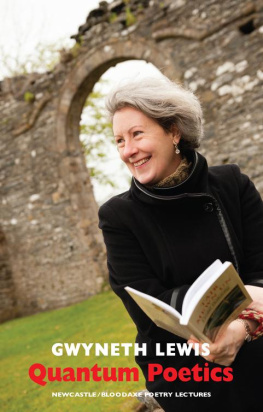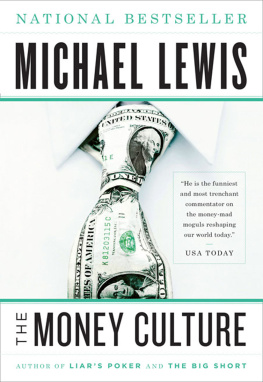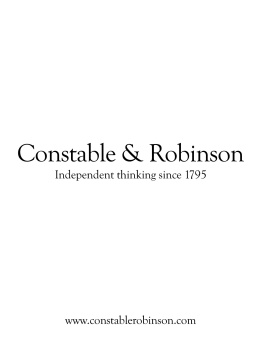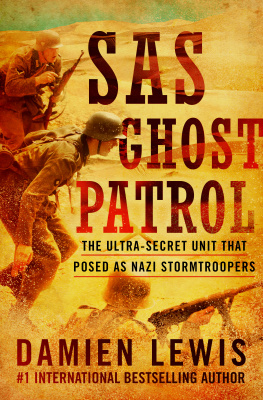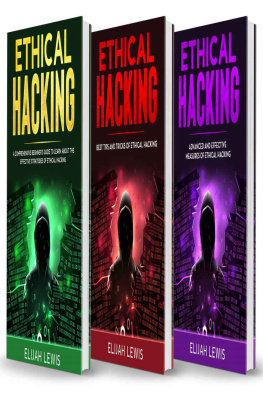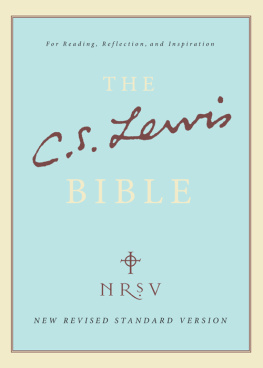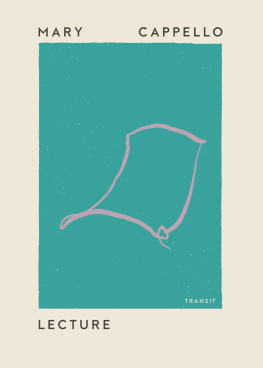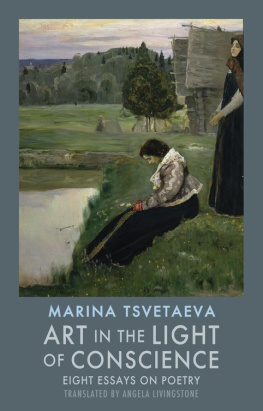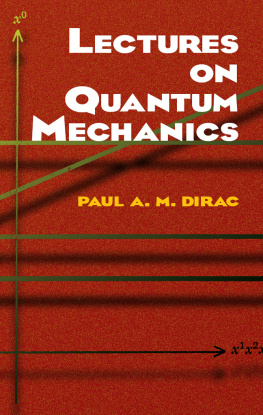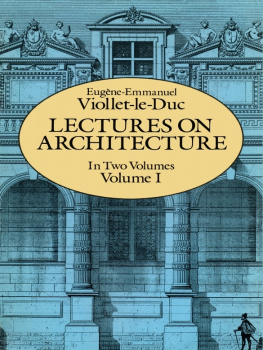NEWCASTLE/BLOODAXE POETRY SERIES: 15
GWYNETH LEWIS
QUANTUM POETICS
In this innovative series of public lectures at Newcastle University, leading contemporary poets speak about the craft and practice of poetry to audiences drawn from both the city and the university. The lectures are then published in book form by Bloodaxe, giving readers everywhere the oppor-tunity to learn what the poets themselves think about their own subject.
Gwyneth Lewiss three lectures explore the connection linking form and politics with the content of poetry while exploring how each of these changes our understanding of time. She argues that the poet steers a path between making music and making sense not at the level of the line, but in the deep structures of meaning which are poetrys terrain. The accuracy of what they say is just as important as its expression, both for their own well-being and for its worth to the reader. Taken together, her lectures begin to posit not the science in poetry but a science of the art form.
The Stronger Life: Much has been made of the volatility of poets, which is largely a myth. Because it can be confessional, poetry is often assumed to be therapeutic, but it can, equally, be toxic. The lives and work of poets are distinct but not unrelated. Using examples from Laura Riding and George Herbert, Gwyneth Lewis argues that poets are more, not less resilient than the rest of the population. Looking at her own modern epic, A Hospital Odyssey, she questions how form is essential to health.
What Country, Friends, is This?: Using Illyria in Shakespeares Twelfth Night as a starting point, this lecture explores language politics and writing, describing how far poets will go to negotiate safe passage between one and the other. Fluent in Welsh and English, Gwyneth Lewis reflects on writing in two opposed traditions at the same time.
Quantum Poetics: Form is the science of poetry. Because of its peculiar relationship with time, poetrys history isnt linear. Language works with a quantum indeterminacy. With special reference to the early Welsh traditions extreme formalism, Gwyneth Lewis discusses how what seems like ornament conjures probability waves into being, adding an extra, unheard, dimension to the sound of metre.
Cover photograph by Keith Morris
NEWCASTLE/BLOODAXE POETRY SERIES
1: Linda Anderson & Jo Shapcott (eds.)
Elizabeth Bishop: Poet of the Periphery
2: David Constantine: A Living Language
NEWCASTLE / BLOODAXE POETRY LECTURES
3: Julia Darling & Cynthia Fuller (eds.)
The Poetry Cure
4: Jo Shapcott: The Transformers
NEWCASTLE / BLOODAXE POETRY LECTURES
[Delayed title: now due 2016]
5: Carol Rumens: Self into Song
NEWCASTLE / BLOODAXE POETRY LECTURES
6: Desmond Graham: Making Poems and Their Meanings
NEWCASTLE / BLOODAXE POETRY LECTURES
7: Jane Hirshfield: Hiddenness, Uncertainty, Surprise
NEWCASTLE / BLOODAXE POETRY LECTURES
8: Ruth Padel: Silent Letters of the Alphabet
NEWCASTLE / BLOODAXE POETRY LECTURES
9: George Szirtes: Fortinbras at the Fishhouses
NEWCASTLE / BLOODAXE POETRY LECTURES
10: Fiona Sampson: Music Lessons
NEWCASTLE / BLOODAXE POETRY LECTURES
11: Jackie Kay, James Procter & Gemma Robinson (eds.)
Out of Bounds: British Black & Asian Poets
12: Sean OBrien: Journeys to the Interior
NEWCASTLE / BLOODAXE POETRY LECTURES
13: Paul Batchelor (ed.)
Reading Barry MacSweeney
14: John Halliday (ed.)
Dont Bring Me No Rocking Chair: poems on ageing
15: Gwyneth Lewis: Quantum Poetics
NEWCASTLE / BLOODAXE POETRY LECTURES
I would like to thank Newcastle Centre for the Literary Arts and Bloodaxe Books for the opportunity to give these lectures, which were delivered in March 2014. Id like to thank Sean OBrien, Bill Herbert, Linda Anderson, Gerry Wardle and Melanie Birch for their kind welcome and company during this period.
A version of the second lecture was delivered at the third British and Irish Contemporary Poetry Conference at Manchester, 12-14 September 2013. Id like to thank Paul Batchelor for his close reading of that lecture. Richard Greene was a kind first reader of all three lectures.
Id also like to thank Neil Astley for his long-term support.
Ive called this series of lectures Quantum Poetics because Id like to argue that particle physics offers us several new ways of understanding poetry. Im not talking here about science as a subject for poems, or about science as an analogy for how poetry works. In order to understand poetry, which is a material activity, we need to grasp some of the paradoxes of particle science. Poetry is a form of science. The poet uses herself as an experiment; shes both the observing mind and the sizzling substance in the test tube. This double existence as subject and object is what makes poetry ontologically significant. I dont accept the myth that science is any less imaginative than the arts, despite the fiction of scientific objectivity insisted on by some. I do, however, believe in facts and evidence, but see them as only one aspect of what, as humans, we can know about ourselves and the world.
Its a commonplace these days to regard art as therapeutic. My first lecture will examine this premise. A few years ago, I wrote a memoir about mental illness, Sunbathing in the Rain: A Cheerful Book about Depression. People are fond of linking creativity with madness. Being a zombie for months in the grip of depressive debility feels uncreative, but my experience is that its a highly promising, if uncomfortable, state for the person undergoing it. Some civilians those who havent been conscripted into this particular forced march seem to think that depression gives a writer that desperation that guarantees, if not quality, at least a certain artistic passion. Theyre wrong. Depression is, simply, a life-threatening disease like a narrowing of the arteries. However, this reaction does tell us a lot about what we think health is and what we wish writing were.
My second lecture will ask: where do poets live? to which nation to they belong? I was brought up speaking Welsh. Ive been bilingual from an early age and have chosen to continue to write in Welsh because, for a poet to throw away her first linguistic love seems to me perverse. Not that Im against second or even third affairs. When writers listen to language, theyre attentive, not to only words, but to the music on which those words are strung like beads. A writer doesnt have to be multilingual to understand the field that exists between languages. These deep structures of meaning are poetrys terrain and cant be described in terms of nationality. Im going to suggest some ways in which quantum physics can help us to identify and explore that place which is, among other things, the very source of artistic health.
In the third lecture, Ill consider poetic form in relation to quantum physics, suggesting that theres a deep congruence between the structure of the physical world and poetry as an art. In certain ways, the world behaves like a poem and poetry itself is a kind of science. The accuracy of what poets say is just as important as the scrupulosity of experimental observation in scientific research.
Together these lectures explore how quantum entanglement and probability give us the conception of poetry as a universe or, more properly, multiple worlds. This first is light on physics but I hope, by the end of the third, that my argument will have convinced you that mental health, musicality and poetic form can all be described in terms consistent with quantum physics and that theyre all aspects of the same issue.

